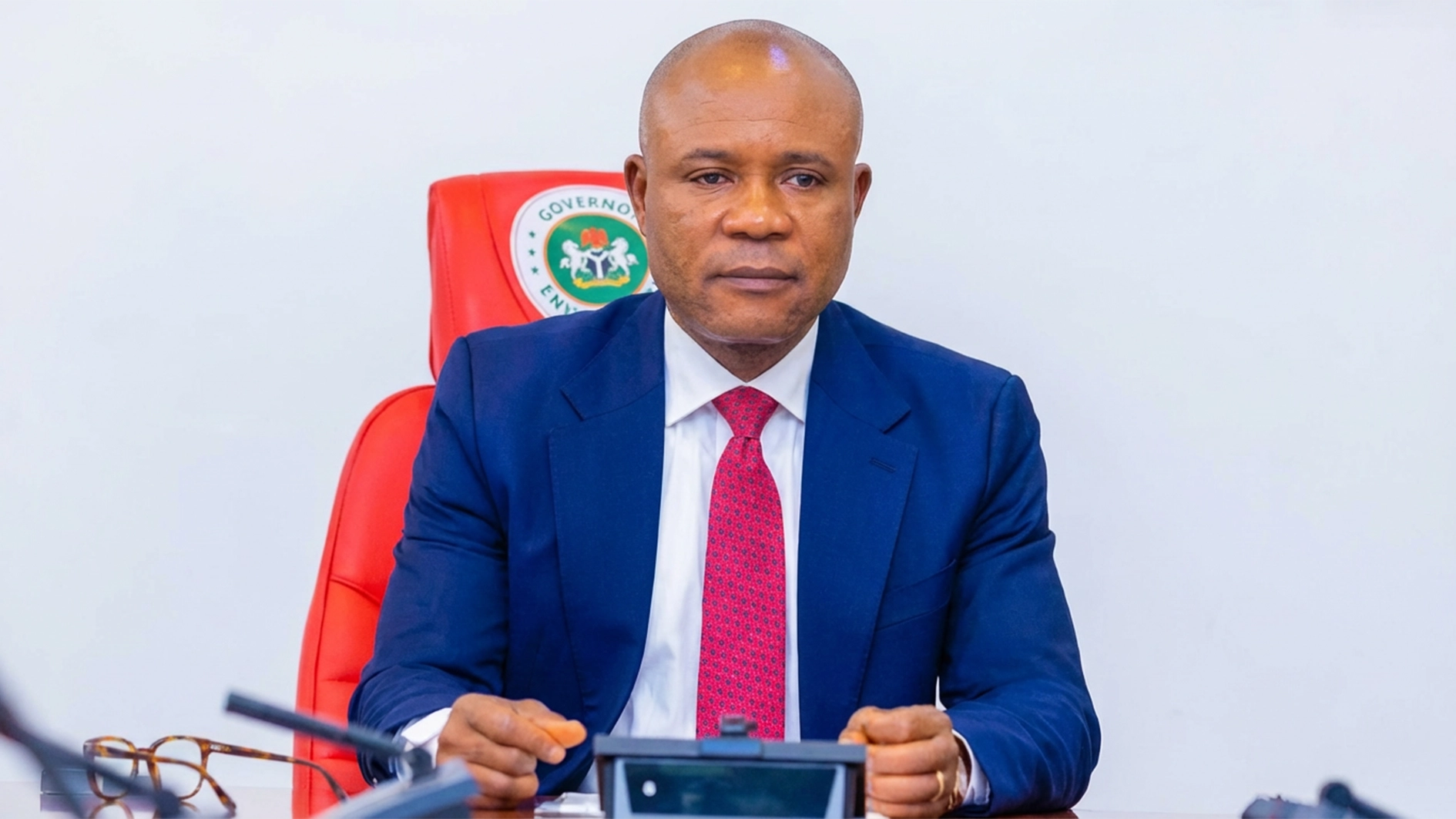The Managing Director/Chief Executive (MD/CE) of the Nigeria Deposit Insurance Corporation (NDIC), Thompson Oludare Sunday, said the Corporation now operates under stronger and more effective laws to carry out its bank liquidation mandate.
Sunday said this when he received the President/Chairman of Council of the Business Recovery and Insolvency Practitioners Association of Nigeria (BRIPAN), Chimezie Victor Ihekweazu (SAN), and members of his council on a courtesy visit to the NDIC Headquarters in Abuja.
The NDIC Chief Executive, in a statement signed by the Head of the Communication and Public Affairs Department, Hawwau Gambo, said the Corporation’s powers in the area of the liquidation of failed insured institutions had been significantly enhanced with the enactment of the NDIC Act No. 30 of 2023, together with the Banks and Other Financial Institutions Act (BOFIA) 2020.
He noted that the NDIC was better positioned to prosecute parties at fault in bank failures, unlike in the past, when insufficient legal provisions allowed such individuals to evade accountability.
Sunday expressed his appreciation to the National Assembly for addressing the long-standing challenge of a weak legal framework that had constrained the Corporation’s operations.
He also commended the judiciary for its growing expertise in deposit insurance law and practice, as demonstrated by the effective adjudication of failed bank cases through judgements that have brought relief to depositors.
“The enhanced powers granted to the Corporation under the NDIC Act 30 of 2023, the BOFIA 2020 and the improved understanding of the judiciary, have made it impossible for individuals to hide under the law to escape liability,” the NDIC Boss stated.
He added, “With stronger legal backing, individuals now approach the Corporation to settle out of court, not necessarily because the law has caught up with them, but because they can see that the noose is tightening around those responsible for bank failures.”
In his remarks, Ihekweazu highlighted the association’s efforts and achievements in harmonising all insolvency-related laws into a unified framework.
He noted that this has significantly addressed the challenges of ineffective insolvency and business recovery practices, while introducing more viable options for solvency resolution.






